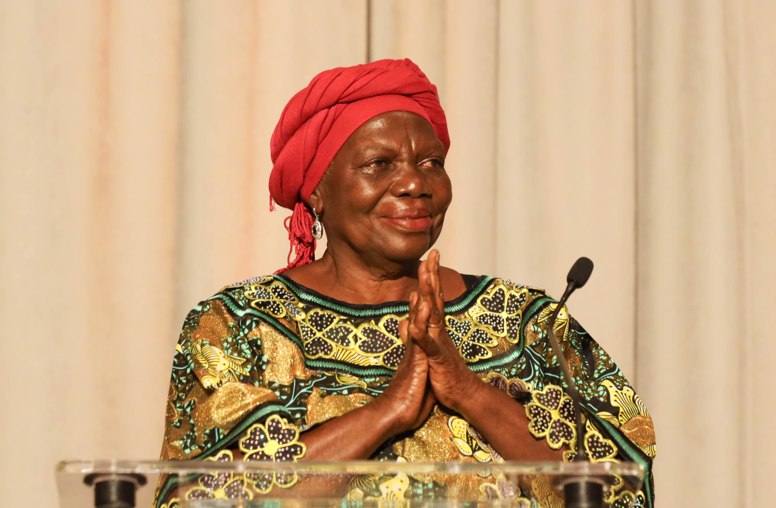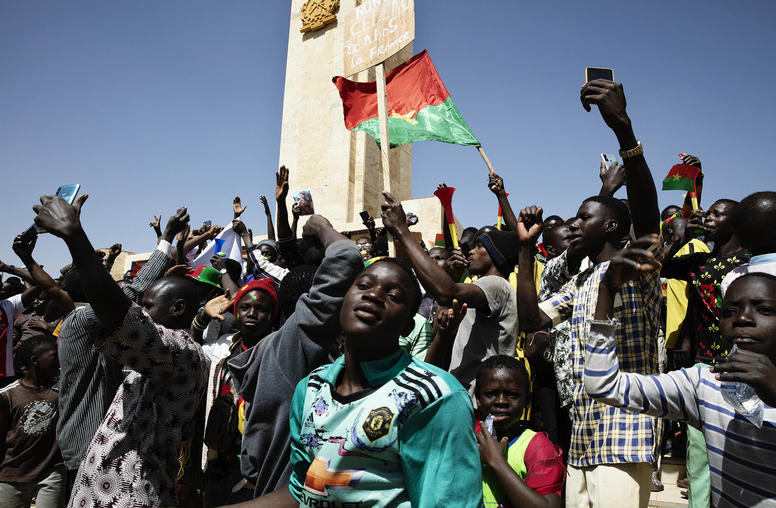James Rupert
Contact
Please submit all media inquiries to interviews@usip.org or call 202.429.3869.
For all other inquiries, please call 202.457.1700
James Rupert is a senior writer and editor at the U.S. Institute of Peace.
As a foreign affairs correspondent Rupert has reported from more than 70 countries for the Washington Post, Newsday and Bloomberg News, and served as a foreign affairs editor at the Post and Newsday. Over a 30-year journalism career, he has served as a resident correspondent in Morocco, Tunisia, France, India, Uzbekistan, Ukraine, Cote d’Ivoire and Pakistan. His coverage has focused heavily on South and Central Asia, the Arab and Islamic worlds, the former Soviet Union and sub-Saharan Africa.
Rupert is a former Alicia Patterson Fellow and Michigan Journalism (now Knight-Wallace) Fellow. Before joining USIP in 2015, he served as a writer at the Atlantic Council and editor of its UkraineAlert newsletter.
Rupert graduated from Swarthmore College in 1979 and served as a Peace Corps volunteer, building and teaching in a vocational school in Morocco.




